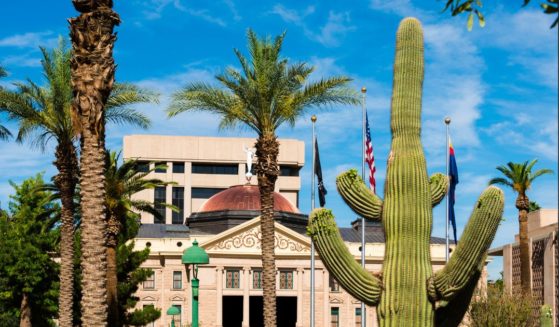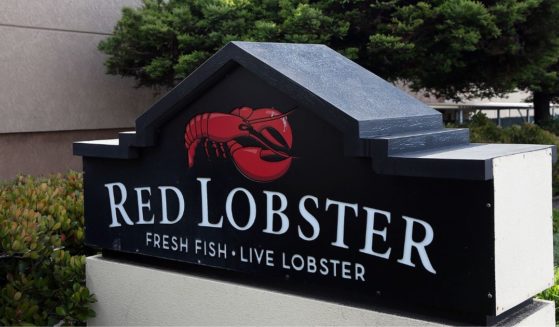Chefs and Restaurateurs Win Big as Trump-Appointed Judge Leads Unanimous Panel in Overturning Gas Stove Ban
The California Restaurant Association has been doing a slow burn since the city of Berkeley cooked up a scheme in 2019 to ban natural gas hookups to new buildings.
But the Ninth Circuit Court of Appeals put chefs’ favorite appliance back on the menu — at least for now — when they overturned the ban Monday, USA Today reported.
Berkeley’s ordinance went into effect in 2020, making the San Francisco Bay Area community the first municipality to take such a step. Many others have since enacted similar laws.
“The measure, which took effect in 2020 to cheers from environmentalists, was intended to reduce emissions of greenhouse gasses that contribute to global warming,” the Associated Press reported.
But restaurant owners were not among those cheering.
“Natural gas appliances are crucial for restaurants to operate effectively and efficiently, as they allow for a wide variety of cuisines and innovations in the restaurant industry,” California Restaurant Association President and CEO Jot Condie said in a statement published on the organization’s website.
Condie argued that cities and states “are not equipped to regulate the energy use or energy efficiency of appliances that businesses and homeowners have chosen; energy policy and conservation is an issue with national scope and national security implications. This ordinance, as well as the solution it seeks, is an overreaching measure beyond the scope of any city.”
That’s the stance the organization’s lawyers argued before the court, and the Ninth Circuit agreed.
The court ruled that Berkeley’s ordinance was preempted by the federal Energy Policy and Conservation Act, Bloomberg Law reported.
The court ruled that “Berkeley’s ban on natural gas infrastructure in new buildings is ‘clearly outside the preemption provision of the EPCA,’” according to the outlet.
Judge Patrick Bumatay, an appointee of former President Donald Trump, wrote in an opinion that Berkeley’s action was not permissible in light of the language in the EPCA.
“Put simply, by enacting EPCA, Congress ensured that States and localities could not prevent consumers from using covered products in their homes, kitchens and businesses,” he wrote.
Sarah O. Jorgensen, attorney for the restaurant association, said in a statement:
“The Ninth Circuit’s ruling today underscores the importance of a consistent national energy policy, which was Congress’ intent the whole time.
“Cities and states should not be permitted to overrule energy decisions that affect the country as a whole.
“The panel’s unanimous decision that Berkeley’s ban on natural gas piping is preempted by EPCA sets an important precedent for future cases, especially with other cities considering similar bans or restrictions on the use of natural gas.”
Despite the victory, gas-stove proponents still face a heated battle to continue using their appliance of choice, according to USA Today.
“The Berkeley ordinance was not a building code requirement, so the appeals court ruling will only affect other municipalities that used the same type of ordinance and only in Alaska, Arizona, California, Hawaii, Idaho, Montana, Nevada, Oregon and Washington state,” the outlet reported.
“Most municipalities that have such bans in place use building energy codes, which the appeals court specifically said was allowable.”
Truth and Accuracy
We are committed to truth and accuracy in all of our journalism. Read our editorial standards.












